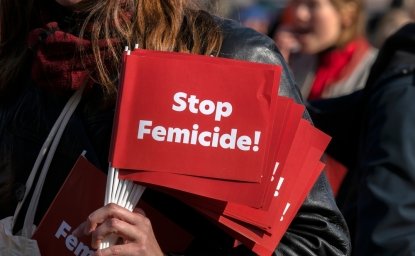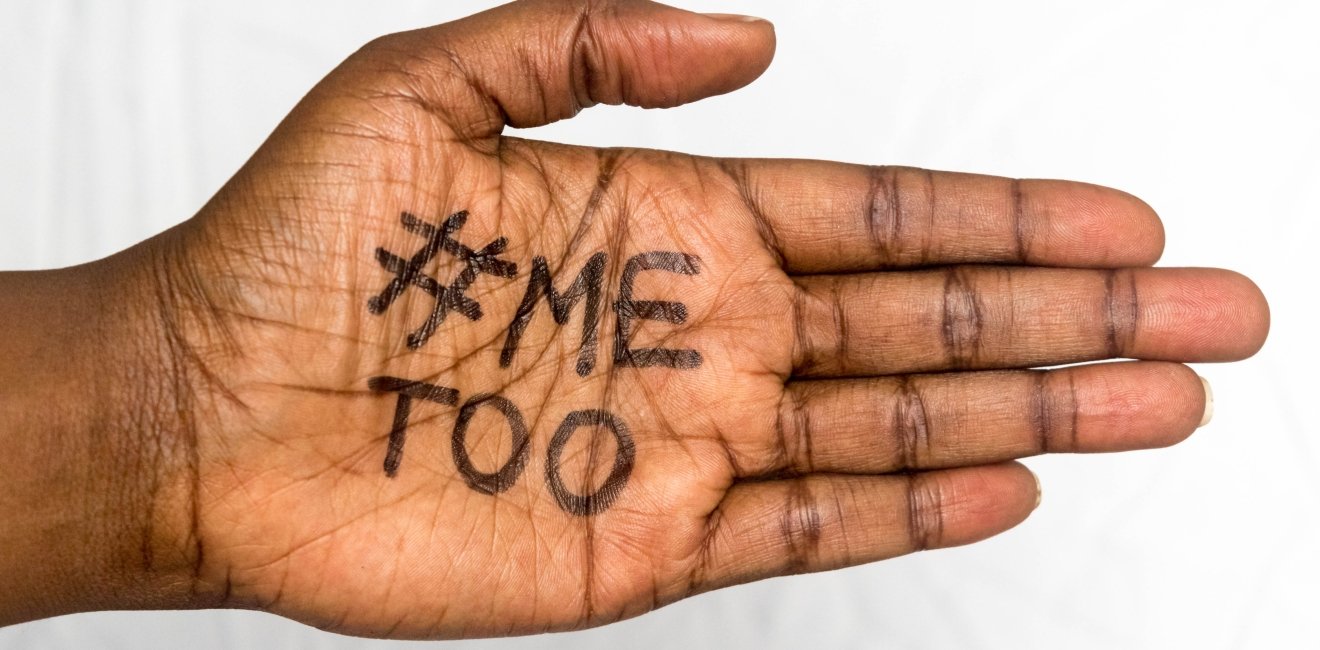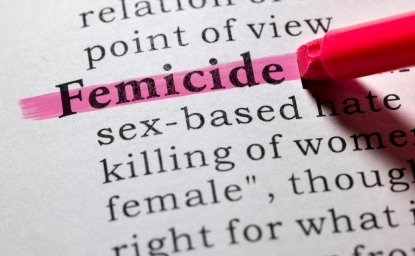Armed conflict is one of the biggest challenges in Africa affecting democracy, development, and the attainment of gender equality. The African Union in 2013 committed to improve the continent and adopted its 50th Anniversary Solemn Declaration, which laid out a strategic framework for Africa’s socio-economic transformation over the next 50 years dubbed “Agenda 2063.” At the center of Agenda 2063 was the aspiration for attaining a peaceful and secure Africa through a flagship campaign, “Silencing the Guns,” the goal of which was to end all wars, civil conflicts, gender-based violence, and genocidal acts on the continent by 2020.
As the year 2020 winds down, reality indicates that the guns in Africa are even louder than before. In 2019, 15 countries in Sub-Saharan Africa were experiencing armed conflict: Burkina Faso, Burundi, Cameroon, the Central African Republic (CAR), Chad, the Democratic Republic of the Congo (DRC), Ethiopia, Kenya, Mali, Mozambique, Niger, Nigeria, Somalia, South Sudan, and Sudan. These conflicts have forced millions of Africans to seek safe haven in neighboring countries as refugees, or live in internally displaced persons camps in deplorable conditions. In 2019, Africa’s population of 6,348,744 refugees was the second-highest among the world’s continents
Gender-Based Violence in Refugee Settlements in Uganda
Uganda is host to 1,407,981 refugees, of whom 81 percent are women and children. The nationalities of these refugees are South Sudanese (65.4 percent), Congolese, (31 percent), and Burundian (3.6 percent). Uganda is the largest refugee-hosting country in Africa largely due to its open door policy to refugees based on traditional African hospitality. The journeys and experiences encountered by refugees while fleeing and seeking safe haven are horrendous.
Gender-based violence (GBV) disproportionately affects women and girls. In situations of displacement, their risk of exposure to GBV increases. Women and girls report incidences of sexual violence including rape, gang rape, and sexual harassment as they flee.
In refugee settlements, GBV incidents continue at the domestic level and in the community. These include sexual abuse, rape, abandonment by husbands (who remained in the home country), defilement, forced child marriages, and sexual harassment. These abuses are perpetuated due to the increased vulnerability of displaced women and girls, their high levels of poverty and low levels of education, and low awareness about the legal system in the host country. Recorded examples are reflected in some of these testimonies from the Women’s International Peace Centre:[1]
“When men realize that you have been abandoned by your husband, they try to take advantage of you by offering to support you in return for sexual favors. Or they try to visit at awkward times and refuse to go.”
“If she is not in school, what else is left? We don’t have fields where she can work; we don’t have resources to keep her busy, she is better off marrying.”
“You see I have three wives. No wife can talk about birth control to me or do it without my permission. If she does, I will beat and get rid of her and get another. A woman is mine. I do what I want with her. I paid for her.”
“My husband beat me up with the support of his brothers. He really wanted to kill me. He said I was on family planning program because I wanted to have sex with other men.”
“When men have no hope, jobs, houses, money or dignity, they resort to drinking and violence.”
Gender-based violence thrives in a culture of silence, lack of information, male dominance, and power imbalance. This calls for strengthening the leadership of women and girls, and placing them at the forefront of the fight against this vice.
Women Taking up Refugee Leadership
The refugee governance system in Uganda (Refugee Welfare Council [RWC]) is a replica of the Uganda Local Council Governance System, and provides for women’s participation via a quota system (35 percent reserved for women). The RWC is one of the first points of reference for reporting conflicts (including GBV) within the settlement, and plays a key role in mobilizing the community and raising awareness. The RWC has been predominantly male-dominated in the past (with only one or two females out of ten council members). This imbalance has been a concern to organizations providing GBV responses in the settlements. As a result, initiatives to boost the number of women in leadership to meet a 30 percent quota (or higher) are being scaled up. In the RWC elections conducted in July 2019 in Uganda’s Adjumani refugee settlement, 50.6 percent of the seats were won by women.
Another best practice in the Adjumani and Yumbe refugee settlements has been strengthening the capacities of women to play a leading role in mediating conflicts involving ethnic rivalries, GBV, and host/refugee clashes.
Having women in leadership is critical in the campaign against GBV. It opens up a safe space and platform for women facing violence to report and break the silence. It also eases referral of cases without compromise, and helps ensure that a culture of non-violence and peace is maintained. However, more efforts are needed to boost education, literacy, and livelihood opportunities for women and girls, and enforce legislation to curb impunity for GBV.
Conclusion
As the world commemorates the UN’s 16 Days of Activism Against Gender-Based Violence, it is paramount that a culture of respect for human rights, non-violence, and rule of law are reinforced at a personal level and within all institutions in society. It is only then that all forms of violence (including gender-based violence) will be successfully combated. This is a responsibility for each one of us to change the narrative from violence to peace and co-existence.
Ms. Juliet Were is a Social Justice and Peace Activist. She is Deputy Executive Director of the Women’s International Peace Centre (WIPC) in Uganda, WIPC is a member organization of the Southern Voices Network for Peacebuilding.
Photo credit: “Me too” written on a woman’s palm. Credit: Red Confidential/Shutterstock. Source: https://www.shutterstock.com/image-photo/me-written-african-american-palm-women-1071480665.
[1] Isis-WICCE & UN Women, “Multisectoral gender assessment of the South Sudanese Refugee Response in Uganda: Gender issues in refugee settlements,” (2014).
Author
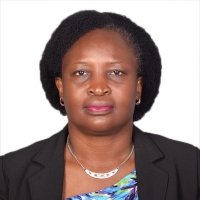

Africa Program
The Africa Program works to address the most critical issues facing Africa and US-Africa relations, build mutually beneficial US-Africa relations, and enhance knowledge and understanding about Africa in the United States. The Program achieves its mission through in-depth research and analyses, public discussion, working groups, and briefings that bring together policymakers, practitioners, and subject matter experts to analyze and offer practical options for tackling key challenges in Africa and in US-Africa relations. Read more

Explore More
Browse Insights & Analysis
Securing a Digital Future for Women and Girls in MENA
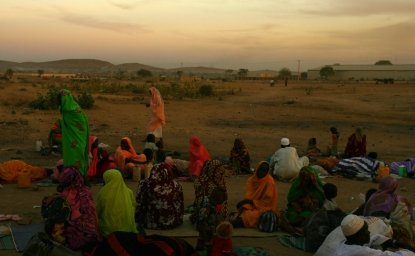
Conflict in Sudan: Widespread Sexual Violence
